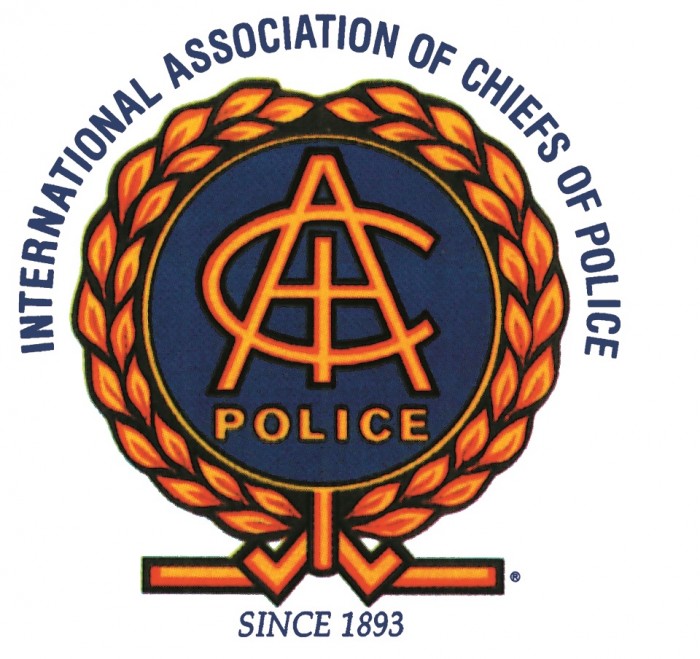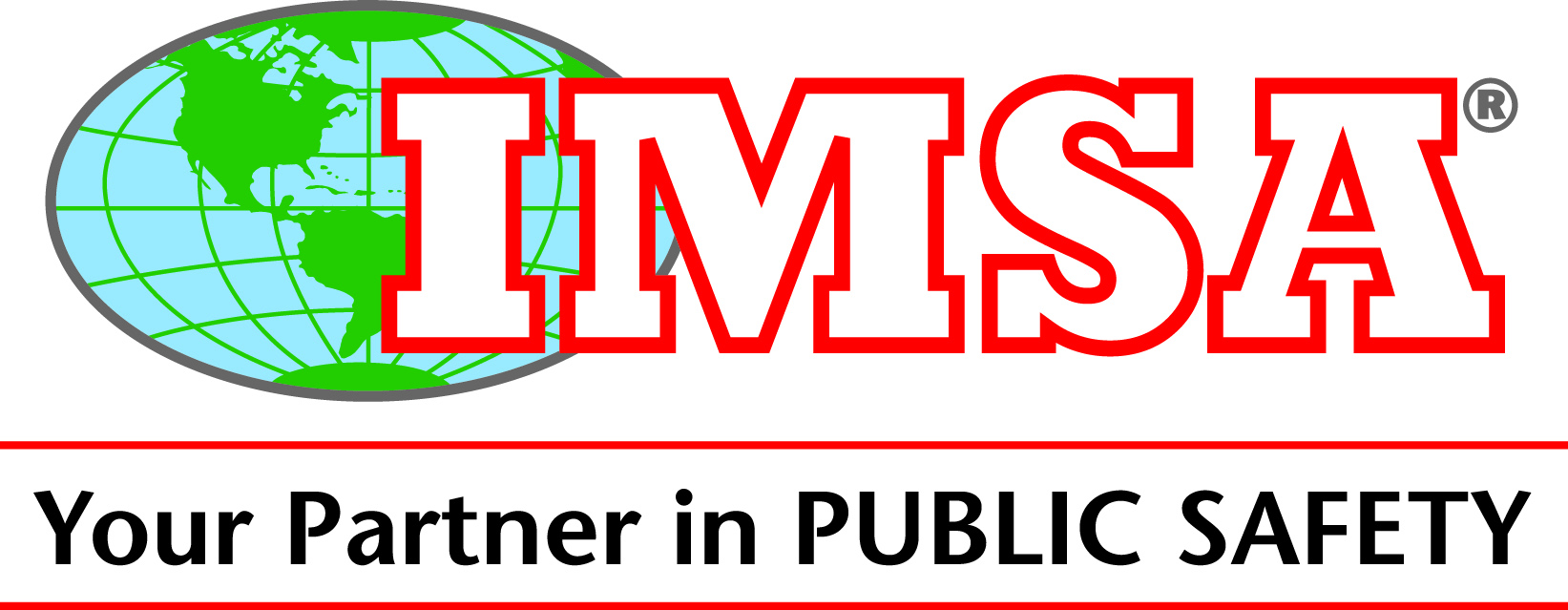 IACP Releases New IACP Technology Policy Framework. The International Association of Chiefs of Police (IACP) announces the release of the IACP Technology Policy Framework. New and emerging technologies increasingly play a crucial role in the daily work of police, equipping officers with enforcement and investigative tools that have the potential of making them safer, better informed, more effective and efficient.
IACP Releases New IACP Technology Policy Framework. The International Association of Chiefs of Police (IACP) announces the release of the IACP Technology Policy Framework. New and emerging technologies increasingly play a crucial role in the daily work of police, equipping officers with enforcement and investigative tools that have the potential of making them safer, better informed, more effective and efficient.
The IACP recognize that privacy advocates, elected officials, and members of the general public have raised important questions about how and under what circumstances many of these technologies are deployed and about the retention, use, and sharing of the data that is gathered. As a result, many communities around the country have or are considering limiting or even rejecting the use of some technologies, including automated license plate readers and video surveillance systems.
The IACP have heard from our members and understand the need to provide guidance to the field regarding the need for agencies to have and enforce policies governing the deployment and use of these technologies and the data they provide. The Framework lays out nine universal principles to guide policy development and the operational use of technologies. To learn more, visit the TechEd Page/News.
our members and understand the need to provide guidance to the field regarding the need for agencies to have and enforce policies governing the deployment and use of these technologies and the data they provide. The Framework lays out nine universal principles to guide policy development and the operational use of technologies. To learn more, visit the TechEd Page/News.
NPSTC Submits Comments on Vehicular Repeaters: On December 31, 2013, NPSTC Submitted Comments to the FCC. NPSTC supports the Commission’s proposal to make additional VHF channels available for vehicular repeater use. NPSTC supports the use of frequency coordination and also recommends that engineering analysis and/or sample frequency coordination be conducted to ensure vehicular repeater use and telemetry operations in the band can co-exist compatibly without interference prior to finalizing any decision.
Mobile repeaters can improve the safety of first responders by enabling them to stay in radio contact with their command centers in difficult coverage environments where they might otherwise be cut off from communicating. Vehicular repeaters are a useful tool to supplement coverage, especially when it is impractical to provide full base station coverage for portable radios in an area. NPSTC supports making more efficient use of spectrum as long as doing so does not create interference that cannot be minimized up front by competent frequency coordination. NPSTC believes frequency coordination is essential prior to opening six interstitial channels within the Industrial/Business spectrum to public safety vehicular repeater use.
NPSTC believes a portion of the 700 MHz public safety guard band spectrum at 768-769/798-799 MHz should be considered for narrowband vehicular repeater operation. Preliminary analysis shows narrowband vehicular repeater use in a portion of the guard band is possible without causing interference to narrowband or broadband public safety operations in the adjacent spectrum above and below the guard band, respectively. Therefore, NPSTC continues to urge FCC and FirstNet, licensee of the 700 MHz guard band, to consider such an approach
Register now for APCO’s Emerging Technology Forum. The Forum is taking place February 26-27, 2014 at the DoubleTree Orlando Downtown. The Forum will focus on the latest technology in public safety communications and future opportunities for our industry. Only $25 for the first 100 public safety practitioners. REGISTER HERE
Please Join NPSTC at the IMSA Public Safety Communications Forum, January 29 & 30, in Orlando, FL: The National Public Safety Telecommunication Council (NPSTC) will be participating in the International Municipal Signal Association (IMSA) Public Safety Communications Forum in Orlando, FL, on January 29-30, 2014. Please join us in improving public safety communications and interoperability through collaborative leadership. Together we can create one unified voice for public safety. Register now!
IMSA is the oldest known association of its kind in the world. The basic purpose of the organization was to keep its members and others in the profession, up-to-date on proper procedures of construction and maintenance of signal systems and informed on new products and equipment developments. 
Through its International Committees, the IMSA successfully represents its members by undertaking and completing many important Public Safety projects. For example, working in an advisory capacity granted by the Federal Communications Commission, IMSA provides coordination of public safety radio frequencies for the fire, emergency medical service and public safety pool including 800 MHz.
IMSA offers educational and certification programs in Traffic Signals, Signs and Markings, Work Zone Traffic Control, Municipal and Interior Fire Alarm systems, Public Safety Dispatcher and Flagging. To assist the governmental agencies in lowering the likelihood of unnecessary legal actions and to increase the quality of public safety personnel, it is the deep conviction of IMSA that a certification program is warranted in each area of public safety operations.
